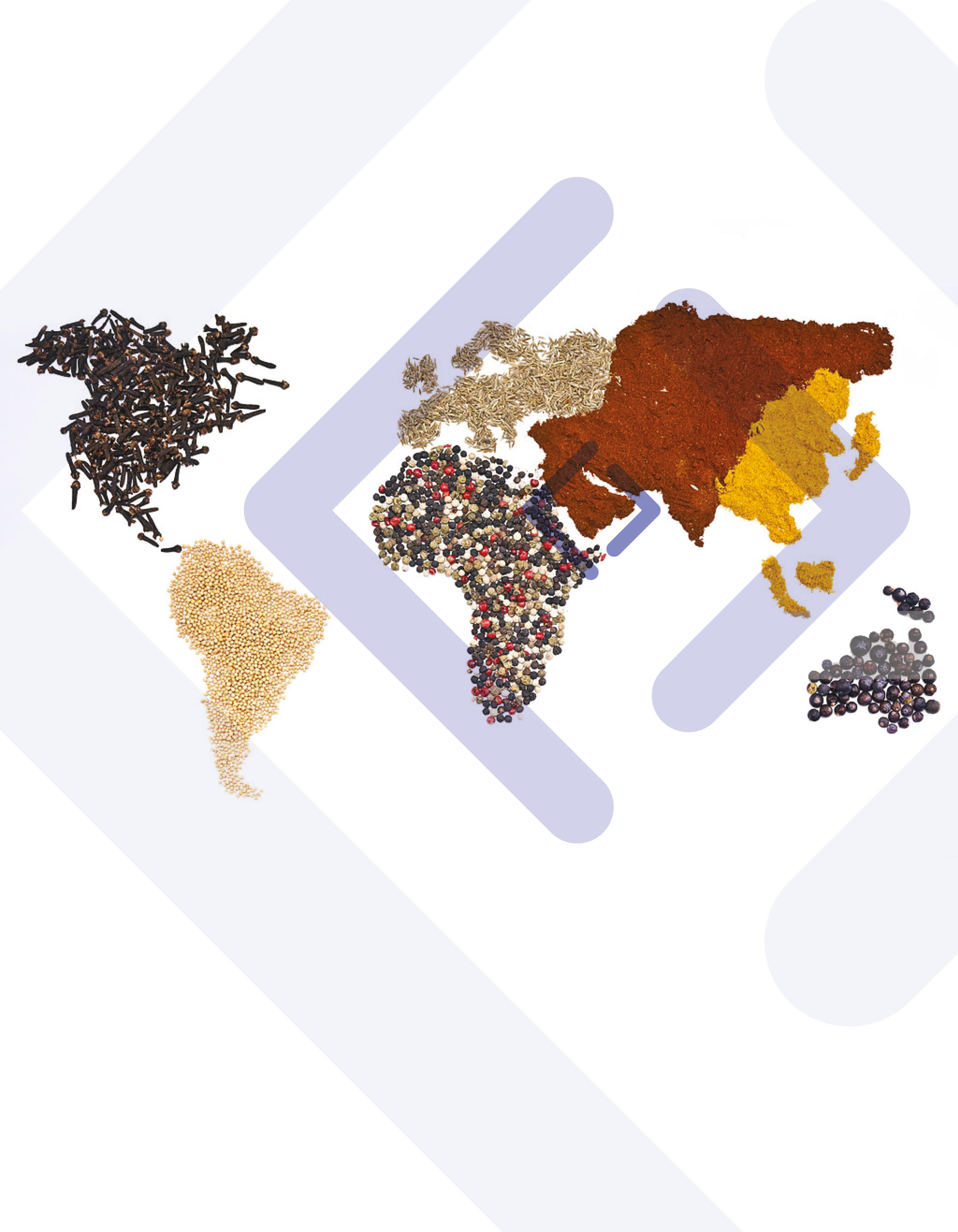About this research
Global food trends to 2030: With a closer look at the GCC is a Dubai Industrial City (formerly known as Dubai Industrial Park) report written by The Economist Intelligence Unit (EIU). In this paper, The EIU presents key trends that are shaping the global food industry landscape, focusing on food production and the supply chain, followed by a closer look at those relevant to the Gulf Co-operation Council (GCC) countries.
We have identified these trends through an extensive literature review combined with in-depth interviews with food experts, comprising academics and executives at food companies from around the world—and specifically the GCC. A framework was developed to identify high-priority trends, based on the following considerations:
Response: Is the trend a response to challenges (e.g. food security, ecological damage health and nutrition) or opportunities (e.g.emerging technologies)?
Breadth: Does the trend affect multiple food types or a broad share of the food that we consume?
Novelty: Is the trend relatively new, fast-evolving and/or characterised by relatively low awareness?
Applicability: Is the trend potentially global in its application?
Executive summary
Any discussion about the global food system should be understood in the context of three overarching perspectives. First, modern agriculture and global trade have, for many, delivered unprecedented access to an abundance of safe, affordable and diverse foods. The history of agriculture has demonstrated that the food system is capable of adapting to change, usually with the aid of technology, policies and practices designed to enhance food safety and encourage trade. Second, despite this optimistic view, food insecurity remains an issue for vulnerable populations across the world, from advanced economies to impoverished ones—and this is seen by many as a matter of human rights and equity. Third, there is a rapidly emerging view that the planet’s food system is simply unsustainable, both environmentally and in terms of health and diet.
These perspectives form a backdrop against which global food trends should be considered. This report identifies 20 such trends, following conversations with global and GCC-based agri-food leaders. The trends are grouped into two categories: chapter 1 reflects on eight systemic economic, environmental and social trends that cut across food production and the supply chain; chapter 2 addresses the breadth and potential of technology change against a backdrop of the fourth industrial revolution in 12 trends, which promise to foster more successful, responsible and resilient food systems.





